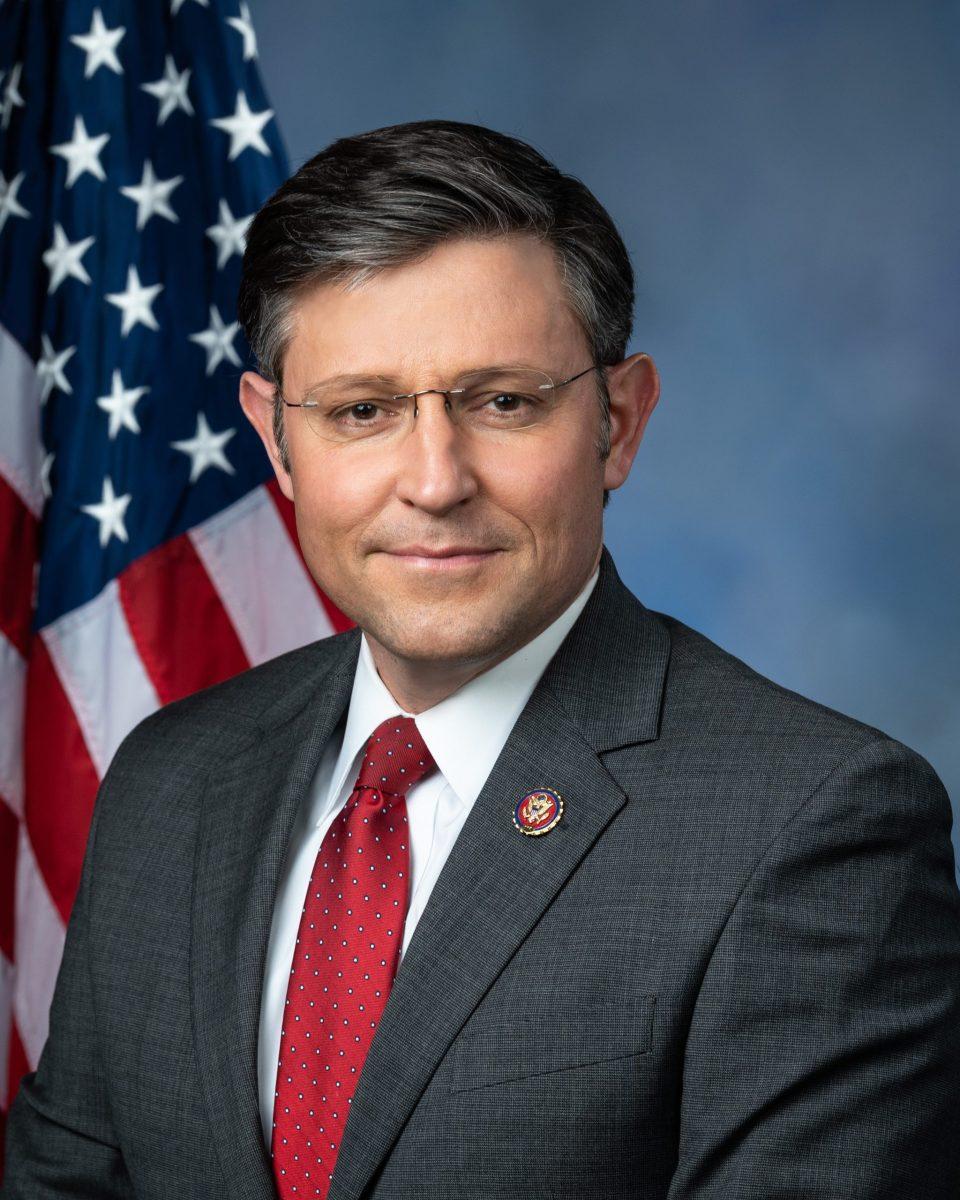Since the beginning of the 118th Congress, many people have expressed their belief that it has been ineffective and does not accurately support what is right.
These criticisms have been far reaching in trying to find the root of the problem, with some being debated about for so long they feel almost as old as the U.S. itself: lobbyists increasing their influence on politicians, the ever expanding rift between the two major political parties and the increase in radical members of Congress becoming the norm.
I believe, though, that there is one factor that has been hiding from public view for some time now.
The Pew Research Center is a nonpartisan group that has been polling people for years on their thoughts to common questions. In 2014, they started collecting data on religious affiliation in U.S. citizens and Congress. (If this seems interesting to you, I would check out their website under the same name; their data is incredibly thorough and isn’t just about the U.S. but many other places as well.)
In 2007 (post-2014 data was cited from the U.S. Government census data to add context to the timeline), 16.1% of Americans were religiously unaffiliated. In 2014, that statistic increased to 22.8%, and in 2023, it went up again to 29%. Every year this value is increasing with no downturn. If this trend continues at this rate, by 2027, one third (33%) of the American population will be unaffiliated religiously.
0.2% of the 118th Congress is unaffiliated — that 0.2% being one person, Krysten Sinema, an Independent (former Democrat) from Arizona in the Senate.
Contrastingly, 87.8% of the 118th Congress is some form of Christian, which is close to the 91% of Congress who were of Christian faith in 1970 (only a 3.2% decrease).
However, only 63% of U.S. adults identify as Christian.
It’s no wonder unaffiliated people feel unheard. They have no voice for a key part of anyone’s identity – their choice of faith – in both the Democrat and Republican parties. Christian faiths are over-represented and leave no room in Congress.
This is important because unaffiliated beliefs – like any other religious beliefs – come with their own viewpoints and opinions that need to be heard.
78% of unaffiliated Americans believe that right and wrong depend on the situation, while only 48% of evangelical Protestants and 65% of mainline Protestants feel the same.
Unaffiliated citizens also support abortion 10-40% more when compared to Mainline and Evangelical Protestants and support the acceptance of homosexuality 17-47% more as well.
Don’t get the wrong idea, either; I’m not trying to say that unaffiliated people have better viewpoints, but that they have viewpoints that are considerably different than the beliefs of the majority of Christians, who are overpopulated in the 118th Congress while unaffiliated viewpoints have little to no representation.
Some people could say that being affiliated with a religion produces more votes on election day from voters of that religion, and unaffiliated people don’t vote as much with faith in mind. So, there might actually be many unaffiliated members in Congress who use their religious appearance as a tool, thus muting my point that unaffiliates need representation in Congress because they are already there hiding behind a different faith.
Another viewpoint could be that the 3.7% of Congress that selected “Don’t Know/Refused” are Unaffiliated and have their reasons not to discuss it.
As an agnostic person myself, I would like to combat these points. My view on religion can be summarized well in this quote from Jeff Winger on the sitcom “Community:”
“To me, religion is like Paul Rudd. I see the appeal, and I would never take it away from anyone, but I also wouldn’t stand in line for it either.”
What I’m trying to express in this quote is that while I don’t need or want religion in my life, I understand that I’m not the only viewpoint, and I should recognize that. And so should everyone else.
Even if there are representatives who are unaffiliated at heart and use religion as a popularity tool, it’s immoral and unethical to use a personal and sacred belief people have to manipulate said people for votes. This is not the type of person that should be representing anyone.
Seeing as other representatives bring their religion into politics also, like talking about how faith dictates their vote on legislation, refusing to discuss being unaffiliated as a representative also takes away from unaffiliated the representation others have.
Unaffiliated people should have openly unaffiliated representatives that are an accurate representation of the number of unaffiliated people that are growing in the U.S. Congress should have an idea of the thought processes of almost a third of their constituents.







